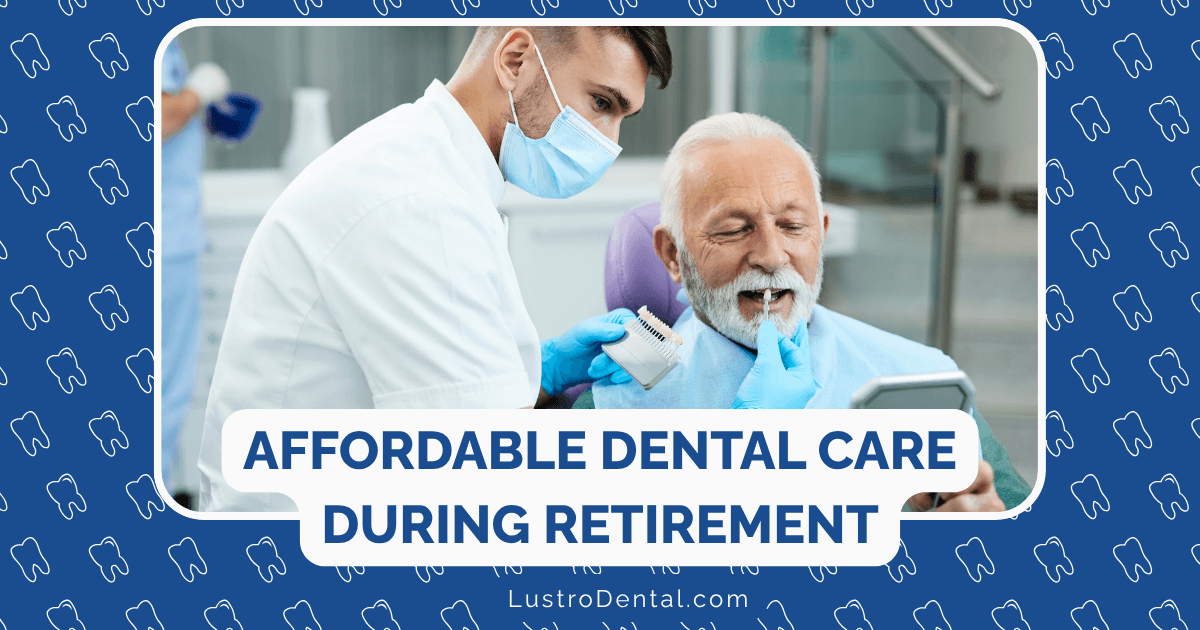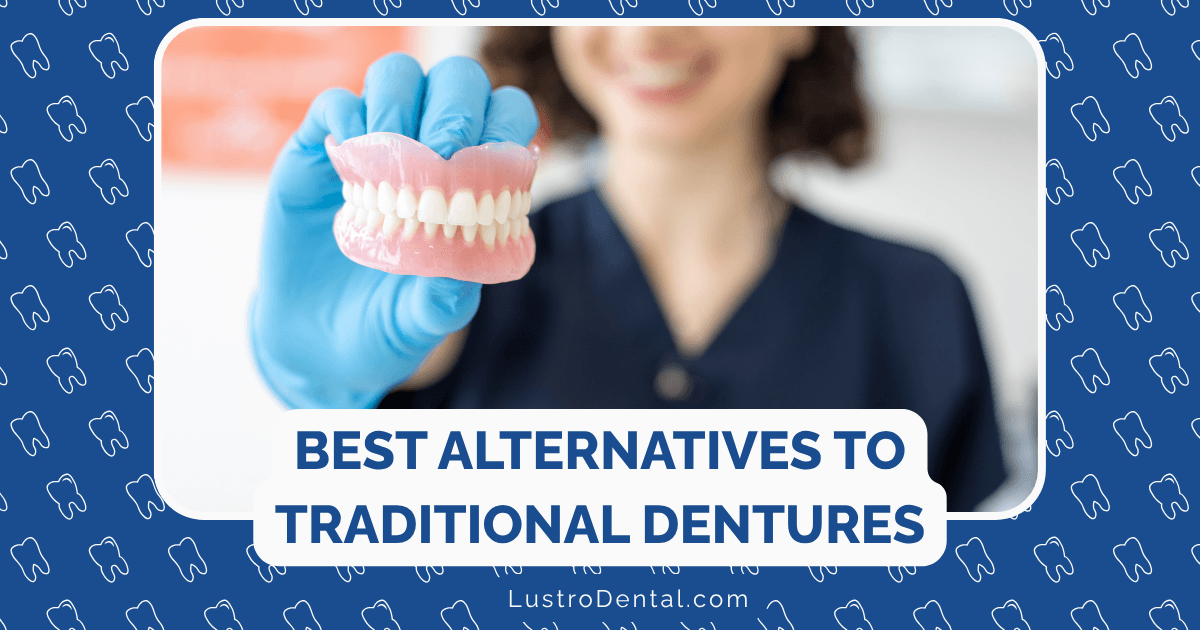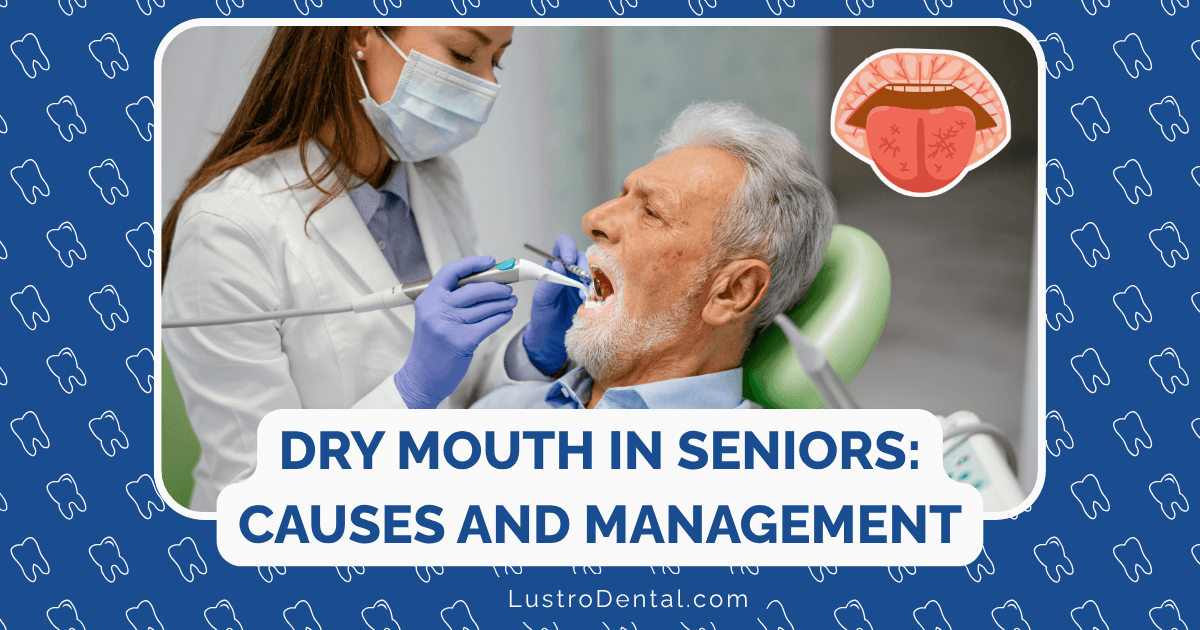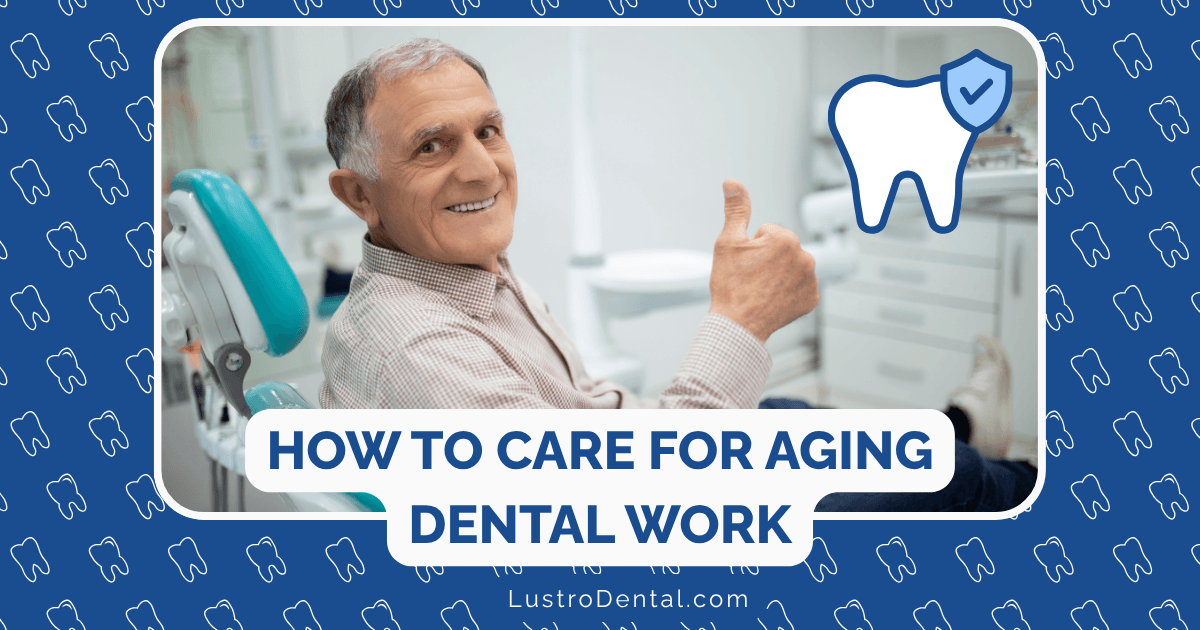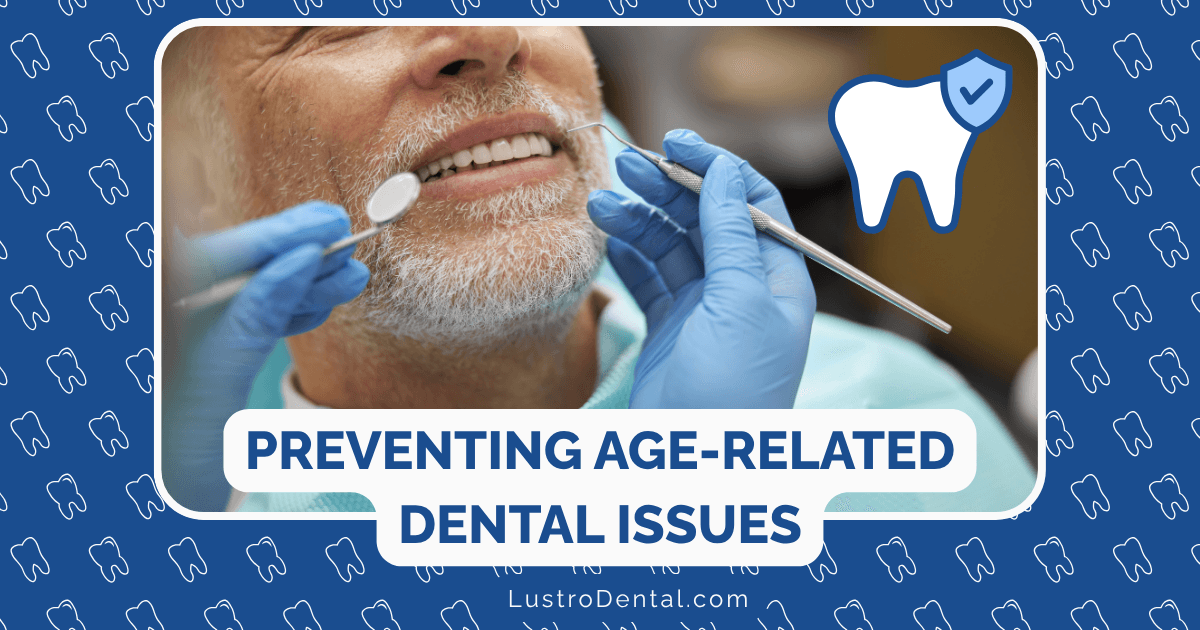Career, Family, and Dental Care: Finding Balance
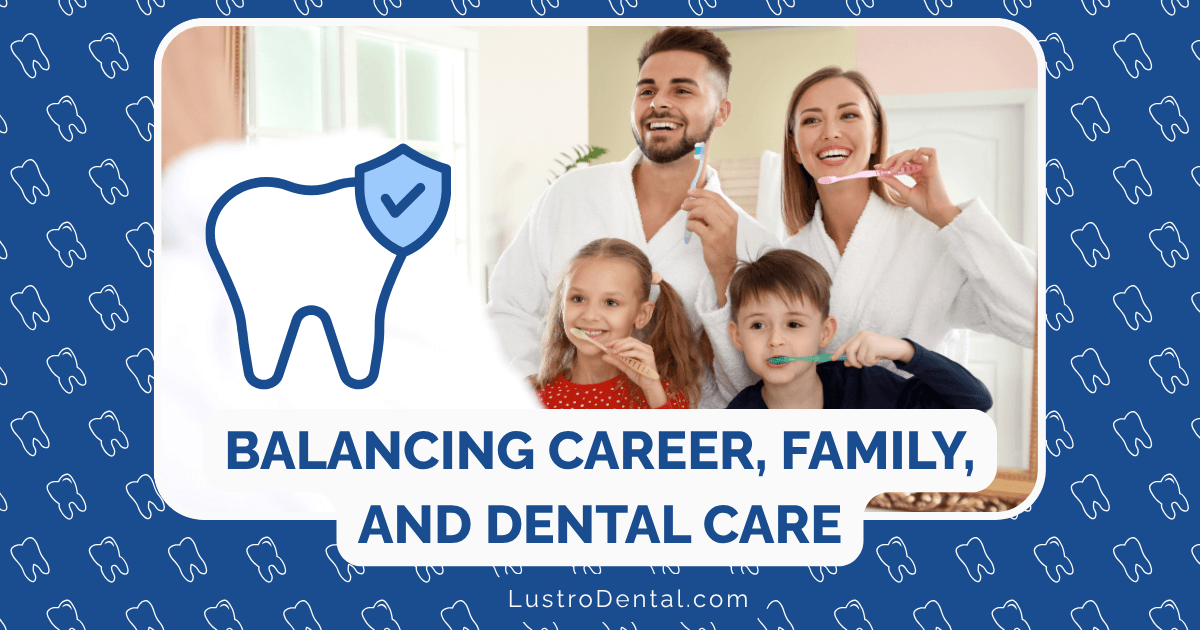
In today’s fast-paced world, the juggling act between career ambitions, family responsibilities, and personal health can feel like an impossible balancing act. One area that often gets sacrificed in this daily shuffle is dental health. Yet, neglecting oral care can lead to significant health issues, unexpected time off work, and costly emergency treatments—creating even more stress in an already packed life.
This guide offers practical strategies for busy professionals and parents to integrate proper dental care into their hectic schedules without compromising career goals or family time.
The Hidden Costs of Neglecting Dental Health
Before diving into solutions, it’s worth understanding what’s at stake when dental care falls by the wayside:
Professional Impact
- Unplanned absences: Emergency dental issues can force you to miss important meetings or deadlines
- Presentation confidence: Dental problems can affect speech and appearance, potentially impacting professional interactions
- Productivity loss: The distraction of dental pain can significantly reduce work efficiency
Family Considerations
- Role modeling: Children learn health habits by watching parents—including dental care
- Family time disruption: Dental emergencies can interrupt planned family activities
- Financial strain: Restorative dental procedures often cost significantly more than preventive care
Dr. Sarah Chen, dental health researcher at the American Dental Association, notes: “What many busy professionals don’t realize is that preventive dental care actually saves time in the long run. A 30-minute cleaning twice a year can prevent hours spent in emergency treatments and recovery.”
Strategic Scheduling: Making Dental Care Fit Your Life
For Busy Professionals
- Leverage technology for efficient scheduling
- Use online booking systems to schedule appointments without phone calls
- Set calendar reminders for six-month checkups
- Look for dental practices offering virtual consultations for initial assessments
- Optimize appointment timing
- Schedule early morning appointments (7-8 AM) before your workday begins
- Book end-of-day slots that won’t interrupt workflow
- Consider lunch-hour express cleanings offered by many urban dental practices
- Maximize productivity during dental visits
- Use waiting room time for email management or reviewing documents
- Schedule calls during non-treatment portions of longer appointments
- Request appointment time estimates in advance to block your calendar accurately
Michael Rodriguez, executive coach at Professional Balance Institute, advises: “High-performers often resist ‘taking time off’ for health appointments. Reframe dental visits as an investment in your professional longevity and performance, not a distraction from work.”
For Busy Parents
- Family block scheduling
- Book back-to-back appointments for all family members on the same day
- Schedule biannual visits during school breaks to avoid attendance issues
- Look for family dental practices that can treat both adults and children
- Strategic timing for different family members
- Schedule young children during their most alert hours
- Book teenagers after school but before extracurricular activities
- Coordinate with your partner to alternate who takes children to appointments
- Preparation reduces stress
- Complete new patient forms online before appointments
- Prepare a “dental visit bag” with entertainment for children
- Plan post-appointment rewards or activities to create positive associations
Emily Warren, family coordinator at Family Balance Center, suggests: “Many dental offices now offer ‘family block appointments’ where they reserve a section of time to see your entire family consecutively. This can transform dental care from an all-day affair into a manageable two-hour block.”
Daily Dental Care for the Time-Pressed
Preventive care extends beyond dental visits to daily habits. Here’s how to maintain excellent oral hygiene even with minimal time:
Morning Routine Optimization
- Multitask mindfully: Brush while in the shower to save time
- Invest in efficiency: Electric toothbrushes clean more effectively in the same two minutes
- Location strategy: Keep floss in multiple locations (bathroom, work bag, car)
Workplace Dental Care
- Desktop dental kit: Keep a travel toothbrush, toothpaste, and floss picks in your desk
- Strategic timing: Use the few minutes after lunch for quick dental care
- Hydration habit: Keep water at your desk to rinse after meals and snacks
Evening Routine When Exhausted
- Family brushing: Turn dental care into family time by brushing together
- Minimum effective dose: On extremely exhausting days, focus on at least two minutes of thorough brushing
- Preparation helps: Set out dental care items before bedtime routine begins
James Peterson, productivity consultant at Efficiency Solutions, recommends: “The key to maintaining any health habit isn’t heroic effort—it’s designing systems that make the right choice the easy choice. Keep dental supplies visible and accessible in multiple locations.”
Leveraging Technology for Better Dental Care
Modern technology offers numerous tools to streamline dental care for busy individuals:
Smart Dental Products
- App-connected toothbrushes: Track brushing habits and provide real-time feedback
- Water flossers: Clean between teeth in less than a minute
- Subscription services: Automatically deliver replacement brush heads and dental supplies
Digital Dental Services
- Teledentistry: Virtual consultations for initial assessments or follow-ups
- Online scheduling: Book appointments without phone calls
- Patient portals: Access records, pay bills, and complete forms online
Reminder Systems
- Smart home integration: Set up voice assistants to remind family members about brushing
- Habit-tracking apps: Monitor consistency in dental care routines
- Calendar integration: Automatic reminders for scheduling six-month checkups
Dr. Lisa Chen, digital health specialist at Dental Technology Institute, explains: “Technology isn’t just making dental care more effective—it’s making it more convenient. Patients who leverage digital tools typically maintain more consistent preventive care.”
Financial Strategies for Dental Health
Managing the financial aspect of dental care is crucial for maintaining balance:
Insurance Optimization
- Preventive focus: Most dental insurance covers preventive care at 100%
- Annual maximums: Schedule major work strategically across calendar years
- FSA/HSA planning: Contribute to tax-advantaged accounts for dental expenses
Alternative Options
- Dental schools: Receive care from supervised students at reduced rates
- Dental savings plans: Membership programs offering discounted services
- Payment plans: Many practices offer interest-free financing
Cost-Benefit Analysis
- Preventive math: Two cleanings per year typically cost less than a single root canal
- Productivity calculation: Factor in the cost of missed work due to dental emergencies
- Long-term perspective: Consider lifetime costs of tooth replacement vs. preservation
Taylor Martinez, financial wellness coach at Financial Health Advisors, advises: “View dental care as a financial investment with excellent returns. Every dollar spent on prevention typically saves $4-$8 in restorative care down the road.”
Creating Family Dental Habits That Stick
For parents, establishing good dental habits for the entire family creates efficiency and health benefits:
Routine Building
- Morning checklist: Include dental care in visual morning routine charts
- Evening wind-down: Incorporate brushing and flossing into bedtime ritual
- Weekend catch-up: Use weekend mornings for more thorough flossing or specialized care
Positive Reinforcement
- Tracking systems: Create family charts to monitor daily dental habits
- Non-food rewards: Offer appropriate incentives for consistent care
- Celebration: Acknowledge cavity-free checkups with special activities
Education as Motivation
- Age-appropriate explanations: Help family members understand why dental care matters
- Visual aids: Use disclosing tablets occasionally to show plaque removal
- Dentist partnership: Ask your dental provider to reinforce messages about home care
Dr. Michael Wilson, family psychologist at Healthy Habits Institute, notes: “The most effective way to establish family health routines is to make them non-negotiable parts of daily life—like brushing teeth before bed—while keeping the experience positive and even playful.”
Work-Life Integration for Dental Professionals
For those working in the dental field, finding balance presents unique challenges:
Setting Boundaries
- Define working hours: Establish clear start and end times for your workday
- Emergency protocols: Create systems for handling after-hours emergencies without constant availability
- Communication expectations: Set realistic response times for patient inquiries
Practice Efficiency
- Delegate appropriately: Train team members to handle tasks at the top of their licensure
- Streamline procedures: Evaluate clinical workflows to eliminate inefficiencies
- Technology adoption: Implement digital systems that reduce administrative burden
Self-Care Prioritization
- Schedule personal appointments: Block time for your own healthcare needs
- Prevent burnout: Recognize early warning signs and take preventive action
- Peer support: Connect with other dental professionals to share strategies
Dr. Emily Peterson, practice management consultant at Dental Success Institute, advises: “The most successful dental professionals I work with are those who recognize that their own wellbeing directly impacts the quality of care they provide. Self-care isn’t selfish—it’s essential for sustainable practice.”
Real-Life Success Stories
The Executive Parent Approach
Sarah J., CFO and mother of three, shares her strategy: “I schedule all our dental appointments for the same day twice a year during school breaks. I block the entire morning, bring my laptop for waiting room work, and turn it into a special day with a family lunch afterward. This system has worked for us for five years now.”
The Entrepreneur Solution
Marcus T., startup founder, describes his approach: “I found a dental practice near my office that offers 7 AM appointments. I schedule these for Wednesdays when I have no morning meetings, and I’m still the first one in the office. For daily care, I keep dental supplies everywhere—home, office, car, gym bag—so I never have an excuse to skip.”
The Dental Professional Balance
Dr. Rachel L., dentist and mother of two, explains her system: “I block Fridays for my admin work and personal appointments. This includes my own dental care. As dental professionals, we often neglect our own health while caring for others. Scheduling a specific day has been transformative for my work-life balance.”
The Bottom Line: Small Changes, Big Impact
Finding balance between career, family, and dental care doesn’t require dramatic lifestyle changes—just strategic adjustments and thoughtful planning. By implementing even a few of the strategies outlined above, you can maintain excellent oral health without sacrificing professional success or family time.
Remember that preventive dental care is an investment that pays dividends in multiple areas of life: fewer emergency disruptions to your schedule, better overall health, reduced healthcare costs, and modeling positive habits for your family.
As Dr. James Wilson, work-life integration specialist at Balance Research Institute, summarizes: “The most effective approach to balancing dental health with other life priorities isn’t about finding more time—it’s about integrating care into existing routines and leveraging available resources more strategically.”
How do you balance dental care with your busy career and family life? Share your strategies in the comments below!


